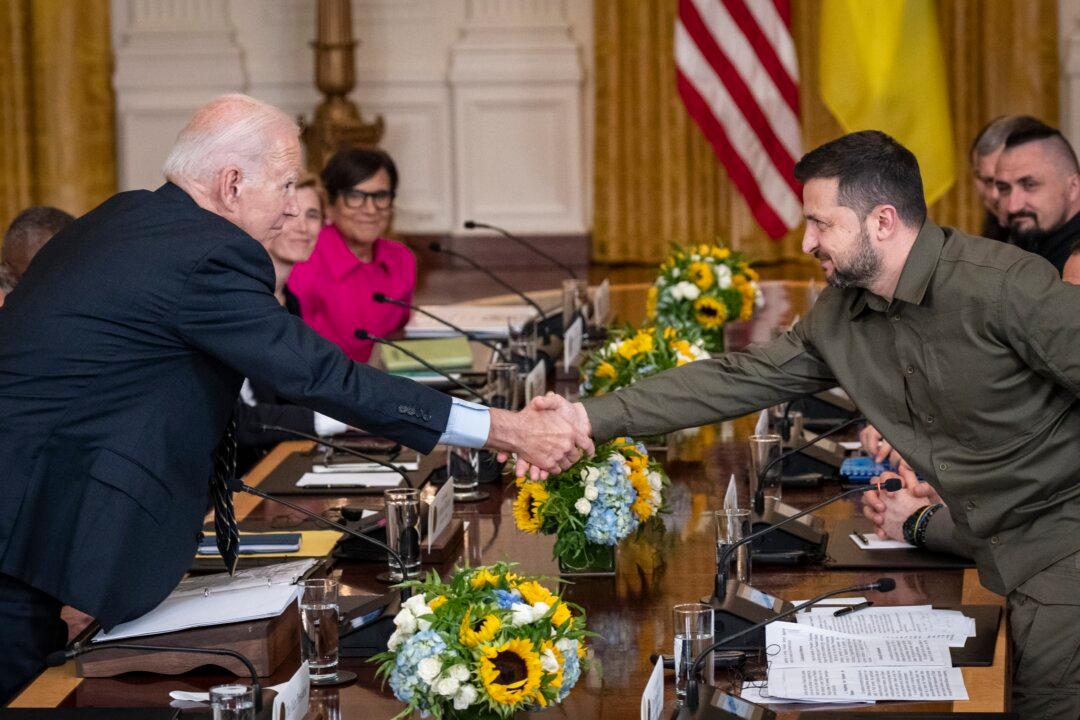Commentary
The latest controversy over Ukraine is making some wonder: Are its “friends and allies” more concerned with their gas prices than with the future of the free world?

The latest controversy over Ukraine is making some wonder: Are its “friends and allies” more concerned with their gas prices than with the future of the free world?